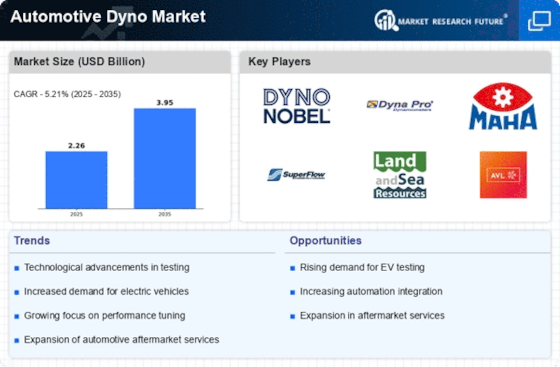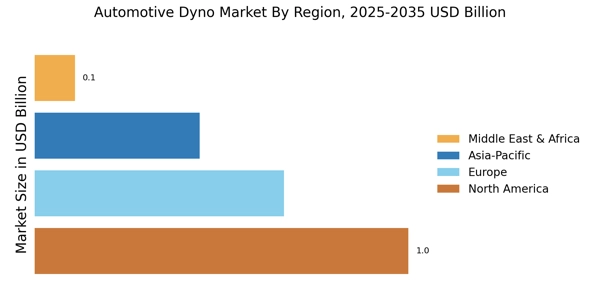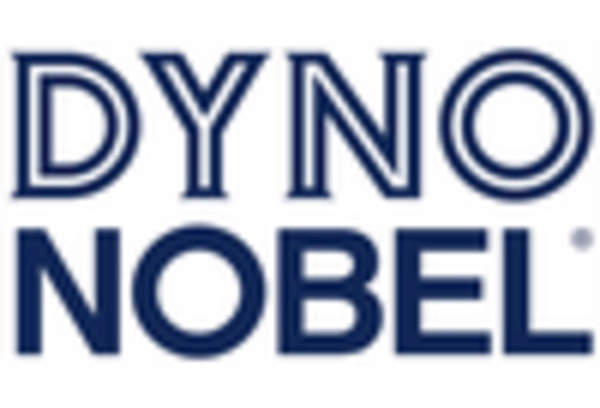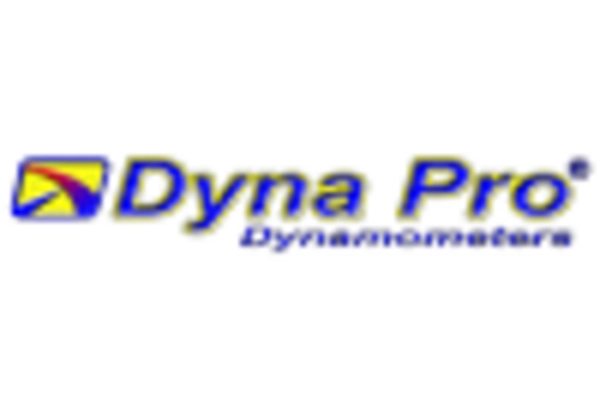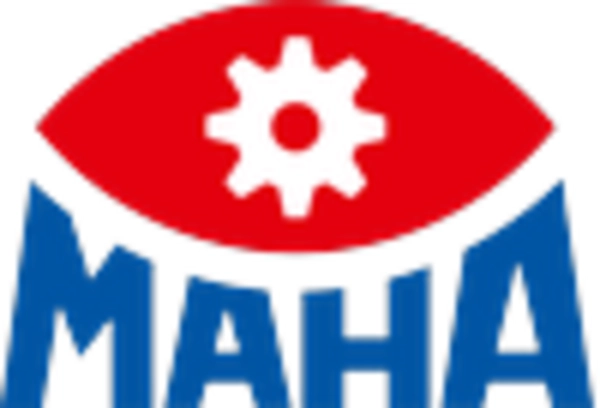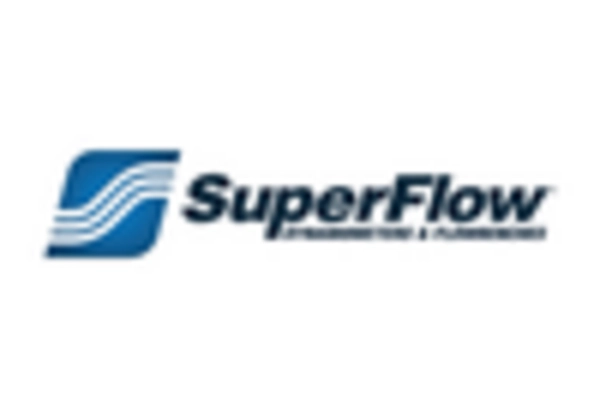Growth of Electric Vehicle Segment
The Automotive Dyno Market is significantly influenced by the growth of the electric vehicle (EV) segment. As the automotive landscape shifts towards electrification, the need for specialized testing equipment for EVs becomes paramount. Dynamometers designed for electric vehicles are essential for evaluating performance metrics such as torque, power output, and energy efficiency. The increasing production and sales of electric vehicles are expected to drive demand for these specialized dynamometers. This shift not only presents opportunities for existing manufacturers but also encourages new entrants to develop innovative solutions tailored to the unique requirements of the EV market, thereby expanding the Automotive Dyno Market.
Rising Demand for Performance Tuning
The Automotive Dyno Market experiences a notable increase in demand for performance tuning services. As consumers seek enhanced vehicle performance, tuning shops and automotive enthusiasts are turning to dynamometers for precise measurements. This trend is reflected in the growing number of aftermarket modifications, with the performance tuning segment projected to expand significantly. The Automotive Dyno Market is thus positioned to benefit from this rising interest, as more vehicles undergo performance enhancements. The increasing popularity of motorsports and competitive racing further fuels this demand, leading to a robust market environment for dynamometer manufacturers and service providers.
Regulatory Compliance and Emission Standards
Regulatory compliance and stringent emission standards are pivotal factors influencing the Automotive Dyno Market. Governments worldwide are implementing more rigorous testing protocols to ensure vehicles meet environmental regulations. This has led to an increased demand for dynamometers capable of accurately measuring emissions and performance metrics. Automotive manufacturers are investing in advanced testing equipment to comply with these regulations, thereby driving growth in the dynamometer market. The Automotive Dyno Market is likely to see a surge in demand for dynamometers that can facilitate compliance testing, ensuring that vehicles adhere to the latest environmental standards.
Technological Advancements in Testing Equipment
Technological advancements play a crucial role in shaping the Automotive Dyno Market. Innovations such as real-time data analytics, improved software interfaces, and enhanced measurement accuracy are driving the adoption of modern dynamometers. These advancements enable automotive engineers and technicians to conduct more efficient and precise testing, thereby improving vehicle performance and compliance with regulatory standards. The market for advanced dynamometers is projected to grow, as manufacturers invest in research and development to meet the evolving needs of the automotive sector. Consequently, the Automotive Dyno Market is likely to witness increased competition and innovation.
Expansion of Automotive Research and Development
The expansion of automotive research and development (R&D) activities is a significant driver for the Automotive Dyno Market. As automotive manufacturers and research institutions invest in R&D to innovate and improve vehicle technologies, the need for precise testing equipment becomes increasingly critical. Dynamometers are essential tools in the R&D process, enabling engineers to evaluate vehicle performance under various conditions. The growing focus on developing advanced technologies, such as autonomous driving and connected vehicles, is expected to further propel the demand for dynamometers. Consequently, the Automotive Dyno Market stands to benefit from this trend, as R&D investments continue to rise.


